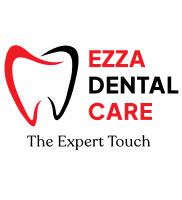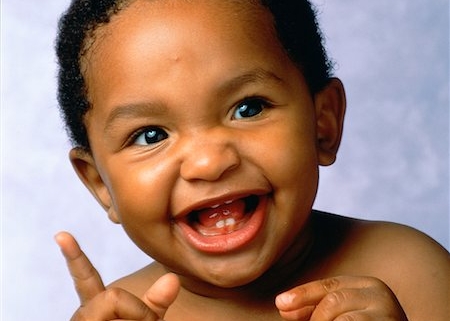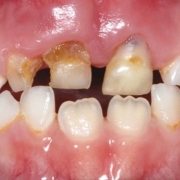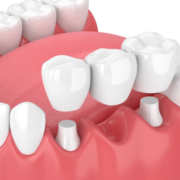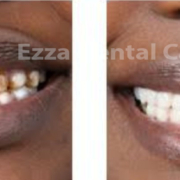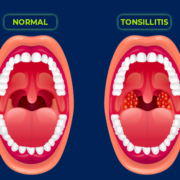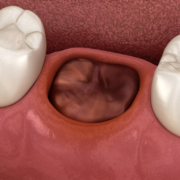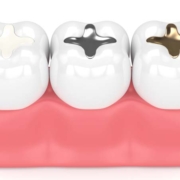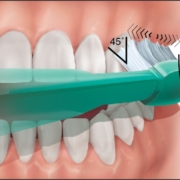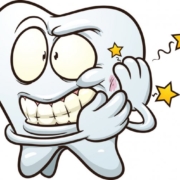Taking Care of your Baby’s Teeth
Most babies are born with no teeth much to the delight of their mothers in light of a comfortable experience when breastfeeding. Some babies are born with teeth and although this is rare, it can be disheartening and we shall look at it further ahead. Caring for our babies’ teeth right from the onset is important as it ingrains oral health habits that continue into adulthood but also prevents tooth diseases in the children which can be a very uncomfortable experience for them.
Before Eruption
Even prior to the appearance of the first tooth, the parents should ensure oral hygiene of the baby is kept at the best status possible. After feeding, gently use a soft damp clean cloth to wipe the mouth of the baby to remove the food residues.
During Teething
This is one of the most uncomfortable periods for a baby as it can be accompanied by a number of symptoms for example fevers, rash, diarrhea and they are fretful. The parent should recognize this as it is and provide supportive treatment like ensuring proper nutrition and sufficient hydration, providing clean and safe teething toys among others.
After Eruption
When the first teeth appear in the mouth, the parents should begin brushing them right away using a very soft toothbrush and a small amount of toothpaste. This will condition them to the habit and they are more likely to adapt to brushing their teeth on their own when they are older. This should continue until all the milk teeth erupt and the baby can brush the teeth on their own.
When they begin brushing on their own, they should do it under supervision at least twice a week to ensure that it is done well. It helps to have a particular routine that involves brushing teeth in the morning after breakfast, and after they are done eating for the day. It can be made a fun activity for the entire family to encourage the younger ones even when they are bored or tired of it.
Pay attention to your child’s mouth and report any abnormal lesions to their dentist so that they can be addressed as early as possible. It is also important that you take them for routine dental visits to have their dental cleaning done so that they do not have a phobia for dentists in the future.
